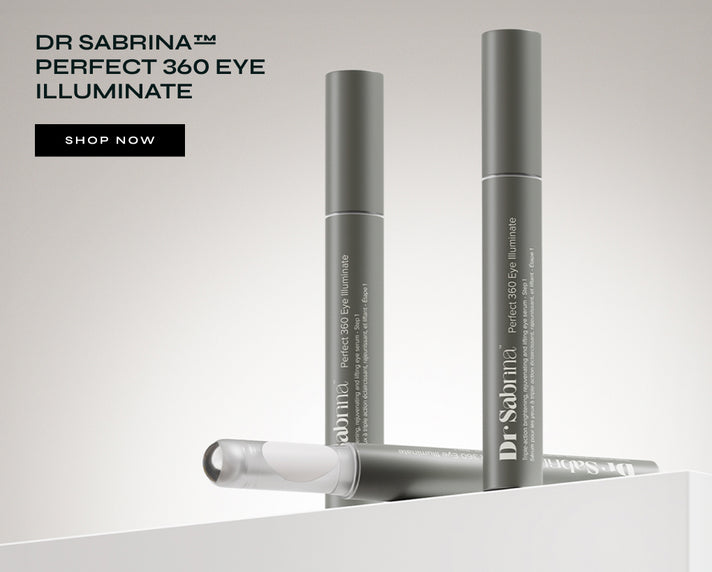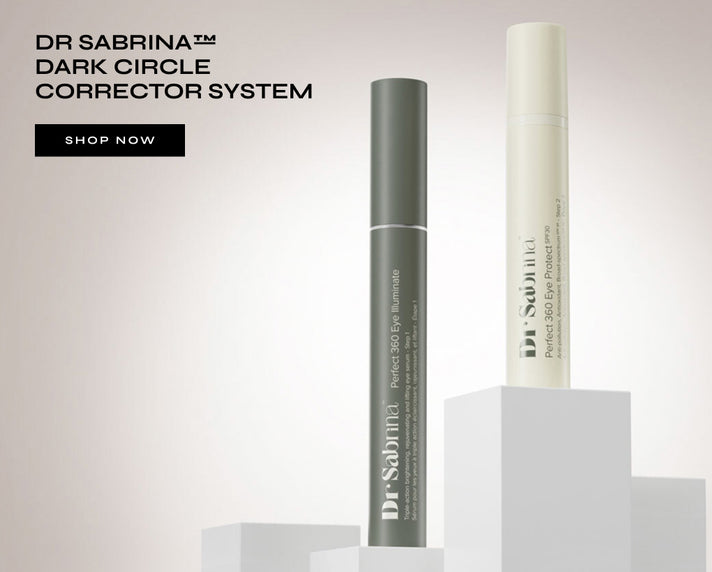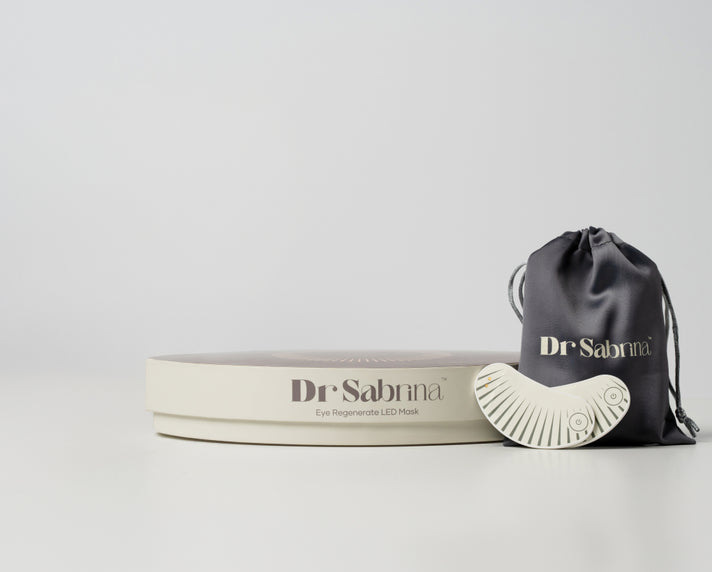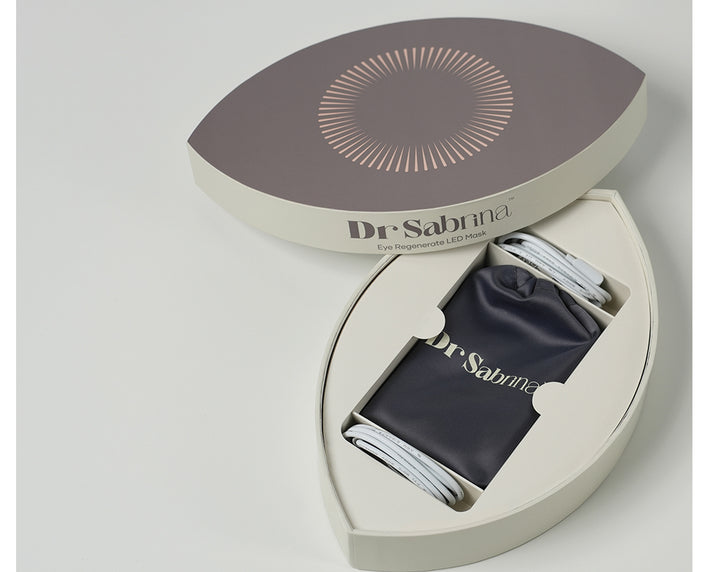
When it comes to enhancing skin health, joint strength, and overall well-being, Collagen vs Gelatin is a topic that is always being debated. Both are strong proteins sourced from the same origin, but they differ in benefits and application.
If you've ever asked yourself, "Is gelatin the same as collagen?" or considered, "Can I use gelatin instead of collagen?"—this article will leave you without any questions.
Let's find out how collagen and gelatin differ, what they do well, and which one will work best for you.
Quick Comparison: Key Differences Between Collagen and Gelatin
Both collagen and gelatin offer similar health benefits, but they differ in structure, usage, and how the body absorbs them. The table below breaks down the difference between collagen and gelatin to help you decide which one suits your needs best.
|
Feature |
Collagen Peptides |
Gelatin |
|
Source |
Animal connective tissue |
Cooked collagen (from the same source) |
|
Structure |
Hydrolysed, broken-down protein |
Denatured protein forms a gel when cooled |
|
Solubility |
Dissolves in hot & cold liquids |
Dissolves in hot liquids only |
|
Absorption |
Quick and easy absorption |
Slower absorption |
|
Best For |
Supplements, drinks, smoothies |
Cooking, gummies, and desserts |
Understanding Collagen
Collagen is the most widespread protein in the human body and comprises approximately 30% of our total protein. It is a significant constituent of connective tissues, such as skin, muscles, tendons, and ligaments. Collagen gives our skin structure, strength, and elasticity—thus, the need to maintain youthful looks.
People who use products like Tretinoin around their eyes often combine it with collagen supplementation to maximise skin rejuvenation. In fact, boosting collagen levels can significantly reduce the appearance of fine lines and wrinkles, especially in delicate areas like under the eyes.
Understanding Gelatin
Gelatin is a cooked form of collagen. When you heat collagen-containing tissues (such as bones and skin), the collagen dissolves into gelatin. That's why when you're making a bone broth, it jells up when it cools—that's the gelatin!
If you're asking, "Is gelatin the same as collagen?" the answer is: they are similar but not the same. Gelatin is actually denatured collagen, which means its original form has been altered because of heat.
When you query, "Can I substitute gelatin with collagen?" the reply is based on your intent. For dishes such as gummies, puddings, or soups thickened, gelatin is where you turn. For simple absorption and filling nutritional gaps, collagen peptides may be superior.
Collagen vs Gelatin: What's the Real Deal?
Now let's get into the difference between collagen and gelatin in more detail:
Form:
Collagen is a triple-helix in structure, which gives it strength and durability. Gelatin, which is heated collagen, is single-chain in structure.
Application:
Collagen peptides dissolve readily in hot or cold water without gelling and are thus ideal for smoothies and coffee. Gelatin gels when cooled, so it is more suitable for desserts.
Absorption:
Collagen peptides are hydrolysed, i.e., they are broken down into smaller amino acids to be absorbed more quickly. Gelatin requires digestion first before absorption.
Health Benefits:
Both are good for skin, joints, bones, and gut health. However, collagen peptides are a bit more versatile when it comes to supplementation.
When searching "what is the difference between collagen and gelatin," it is evident: they contain the same amino acids but with differences in processing, structure, and functional use.
Health Benefits of Gelatin and Collagen
Both Collagen vs Gelatin possess remarkable health benefits:
Skin Health:
Repeated usage may improve skin elasticity and hydration. Formulations such as Under eye serum for dark circles work beautifully in combination with collagen supplements to improve skin brightness and firmness.
Joint Health:
Both facilitate the rebuilding of cartilage and joint pain relief.
Gut Health:
Gelatin, especially, has the ability to calm the gut lining and aid digestion.
Bone Strength:
They help to increase bone density and strength, lowering the risk of osteoporosis.
Tretinoin around eyes is used by many individuals worried about signs of ageing, particularly around the eyes, along with increasing their diet with collagen or gelatin.
What is the difference between collagen and gelatin?
The main difference is in processing and structure. Collagen peptides are hydrolysed for easy digestion, whereas gelatin is utilised primarily in cooking and has to gel when chilled.
By understanding the difference between collagen and gelatin, you can choose the right product for your health goals.
Which Should You Select?
1. Select Collagen Peptides if:
- You prefer to add something to coffee, tea, or smoothies.
- You require rapid absorption for healthy skin, joints, and hair.
- You're using supplements together with skincare treatments such as Under eye serum for dark circles for maximum results.
2. Select Gelatin if:
- You prefer creating homemade gummies, desserts, or thick soups.
- You desire a product that will favour your gut lining.
- You are interested in the use of traditional cooking techniques.
Regardless of your preference, both serve pivotal functions in bolstering your health and vitality. When listening to Collagen vs Gelatin being discussed, keep in mind—it's not so much about which one is superior overall; it's about which will benefit you more!
How to Add Collagen and Gelatin to Your Lifestyle
Adding either of these proteins is simpler than you would suppose:
- Have collagen peptides in your morning coffee.
- Apply gelatin for healthy desserts.
- Pair topical treatments such as Tretinoin around the eyes with internal collagen supplementation for enhanced anti-aging benefits.
- Stack your skincare with Under eye serum for dark circles in addition to hydrating from within with bone broth containing gelatin.
In the end, both Collagen vs Gelatin can be tremendous supporters of your health journey. A mere minute daily habit—a collagen coffee or a gelatin dessert—can result in measurable improvements over the long term.
Conclusion
No one loses in the war of Collagen and Gelatin—only varying benefits. Knowing the distinction between the two makes you better equipped to make decisions about your own health. Whether you're addressing wrinkles, enhancing gut health, or alleviating joint pain, both gelatin and collagen can offer great help to offer.
Next time you're searching for skincare boosters, such as Under eye serum for dark circles or treatments such as Tretinoin near the eyes, consider adding collagen or gelatin supplementation to them. Your skin and body will appreciate it!
FAQs
1. Is gelatin equal to collagen?
No, but it is related to it closely. Gelatin is a derivative of collagen made by heating it, altering its structure.
2. Can I substitute gelatin with collagen?
Yes, to cook and make gels with. But for rapid absorption when used in supplements, collagen peptides are superior.
3. Collagen and gelatin: How are they different?
The chief difference between gelatin and collagen is their form and application: collagen peptides readily dissolve, but gelatin gels when chilled.
4. For skin health, is collagen better than gelatin?
Both assist, but collagen peptides are more quickly absorbed and can provide faster results for skin, particularly when combined with treatments such as Tretinoin near the eyes.
5. Can gelatin or collagen reduce dark circles?
They can aid in skin health and elasticity, which can complement the effects of topical treatments such as Under eye serum for dark circles.












